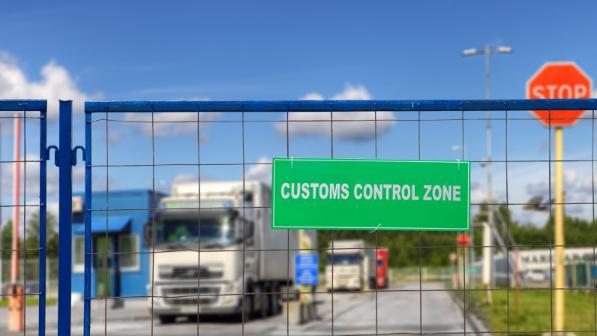Emergence of economic nationalism
In retaliation to the border skirmishes, India plans to impose stringent quality control measures and higher tariffs on imports from China. Authorities are finalizing tougher norms for at least 370 products and are planning to raise import duties to ensure items that can be locally produced are not imported. The Trade Ministry is separately evaluating non-tariff measures to check Chinese imports to avoid falling foul of World Trade Organization (WTO) rules. These measures would include more inspections, product testing, and enhanced quality certification requirements.
At the same time, Indian customs agents nationwide received instructions to withhold all consignments of Chinese origin. The move aims to discourage Chinese imports and slow down customs clearance processes for the affected cargo. India’s commerce and industry ministry has also sought stricter scrutiny of goods coming from Bangladesh, Sri Lanka, South Korea, and the ASEAN block amid fears that Chinese imports are increasingly being routed through these countries.

Raw materials, including active pharmaceutical ingredients, have been particularly impacted by the extra customs checks implemented by Indian officials on Chinese cargo. Delays have been reported at the ports of Chennai, Vishakapatanam, and Kochin. The Chinese government has retaliated to these measures by holding up Indian-origin cargo in Hong Kong and mainland ports.
Multiple manufacturers have reported production delays as a result. Foxconn, which assembles Apple and Xiaomi smartphones at two plants in Tamil Nadu and Andhra Pradesh, is reportedly facing production issues due to customs clearance delays. More than 150 Foxconn shipments containing smartphones and electronic parts have been held up at the port of Chennai in recent weeks.
Lessons for supply chain professionals
The conflict highlights why supply chain risk management processes are necessary, especially in the face of events that are unpredictable in nature and impossible to control.
Organizations need to have full visibility of their supply chain network – products’ bill of materials, sourcing locations, transportation hubs that goods ship through, and production schedules that need to be adhered to. The slowdown at ports is targeting Chinese-origin goods specifically, meaning that being able to effectively isolate components and supplies that are being sourced from China, as well as identifying and planning for alternate sources can help mitigate some of the impact.

Supply chain professionals also need to understand real-time shipment flows, especially in the context of evolving risks. Keeping abreast of everything that goes on in the world can be a difficult task. However, as a supply chain professional, this mammoth task can be tackled by focusing on events that matter – ones that affect planned shipments or those in transit. For example, reports emerged that Chinese-origin cargo were being delayed at Indian ports well before the news was made official. Having early intelligence, through appropriate tools and technologies, can help plan around disruptive events.
Those with complex supply chains will also need to plan for the unpredictable. While that may sound counterintuitive, an agile supply chain is able to rapidly recover from any unforeseen event by way of contingencies in place. In the case of the India-China conflict, supply chain planners must rethink how a more geographically diverse manufacturing network can be developed in order to replan production or resource components when necessary, especially for extended periods of disruptions such as this one.
Why go looking for the latest logistics trends and business insights when you can have them delivered right to you?
A growing trend
Restrictive policies to stifle trade is not new; the U.S.-China trade war over the past few years have taught us that much. What is clear though, is that the spread of COVID-19 and discussions around the over-reliance on certain markets for sourcing critical materials and components will accelerate a trend towards more countries embracing economic nationalism.
India is not alone in its approach. Elsewhere, the U.S. government is reportedly drafting an executive order that would extend the existing ‘Buy American’ laws to medical products and pharmaceuticals, in alignment with President Trump’s ‘America First’ trade policy. The new executive order would require certain essential drugs to be made in the U.S. As of now, the order is still under a review process.
If such policies come into effect, it will be important for organizations with complex supply chains to acquire better visibility of their manufacturing networks, and start planning towards supply chain agility in the face of protectionist policies.
Published: August 2020
Image: iStock







